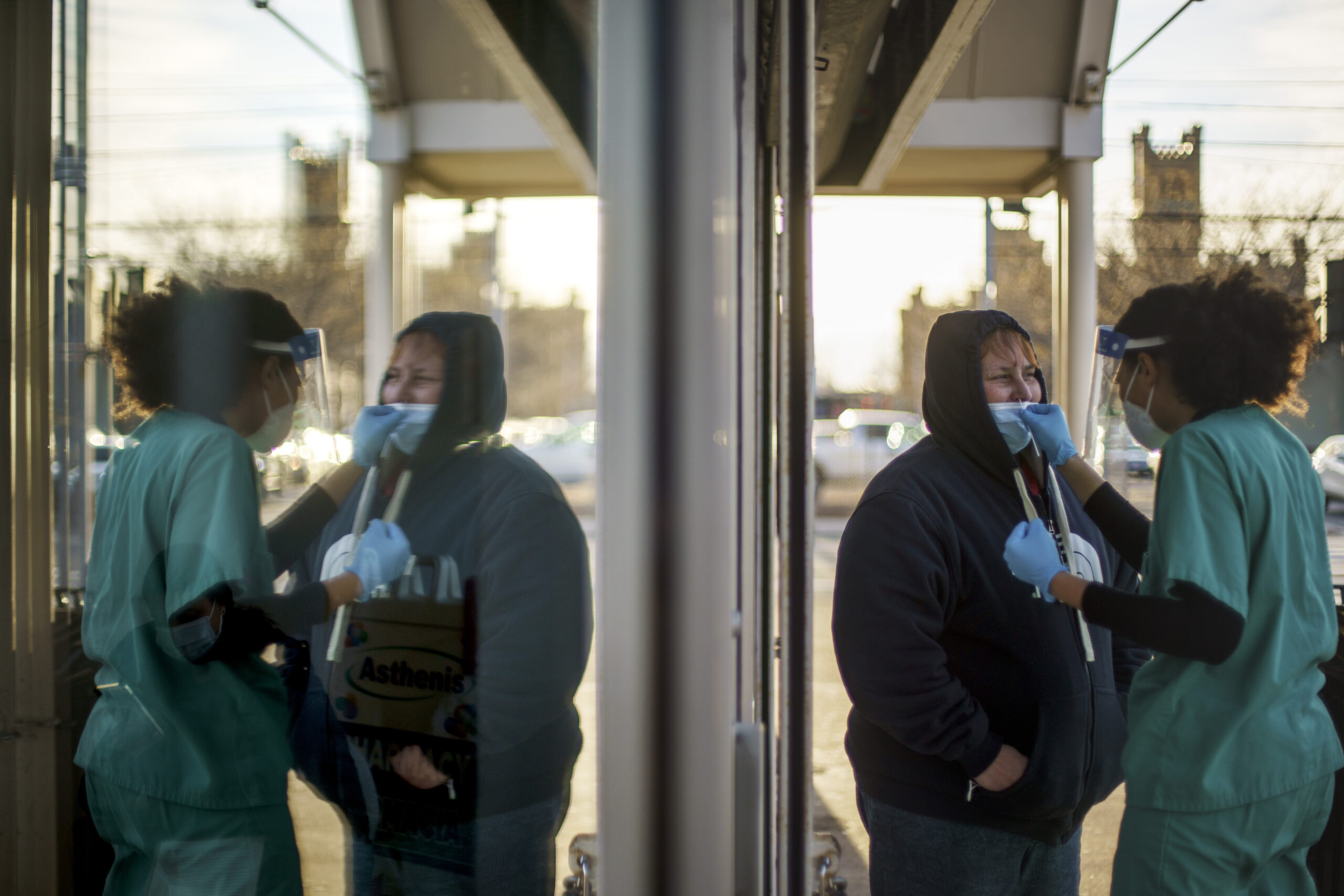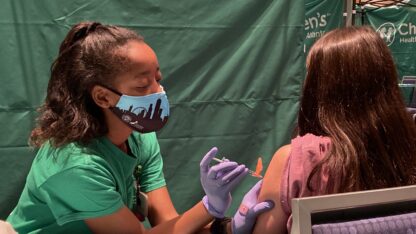Georgia’s COVID-19 caseload is trending upward as state health officials detected a sign that the omicron variant of the virus is spreading locally.
Department of Public Health officials said Thursday that they confirmed an omicron case in an unvaccinated Atlanta-area resident who had not traveled abroad recently. Georgia’s two prior cases involved recent international travel. As with cases detected in some other states, that likely means the variant is spreading locally.
Health officials said the infected person had mild symptoms and is isolating at home. The department said it was trying to trace people who had close contact with the person and are at risk of developing the respiratory illness.
The department said the delta variant of the virus still makes up 99% of cases detected in Georgia. The state tests a small fraction of virus cases to determine the genetic variant, meaning more undetected omicron cases are likely present.
The Centers for Disease Control and Prevention is trying to establish whether the omicron variant causes milder — or more severe — illness than other coronavirus types.










